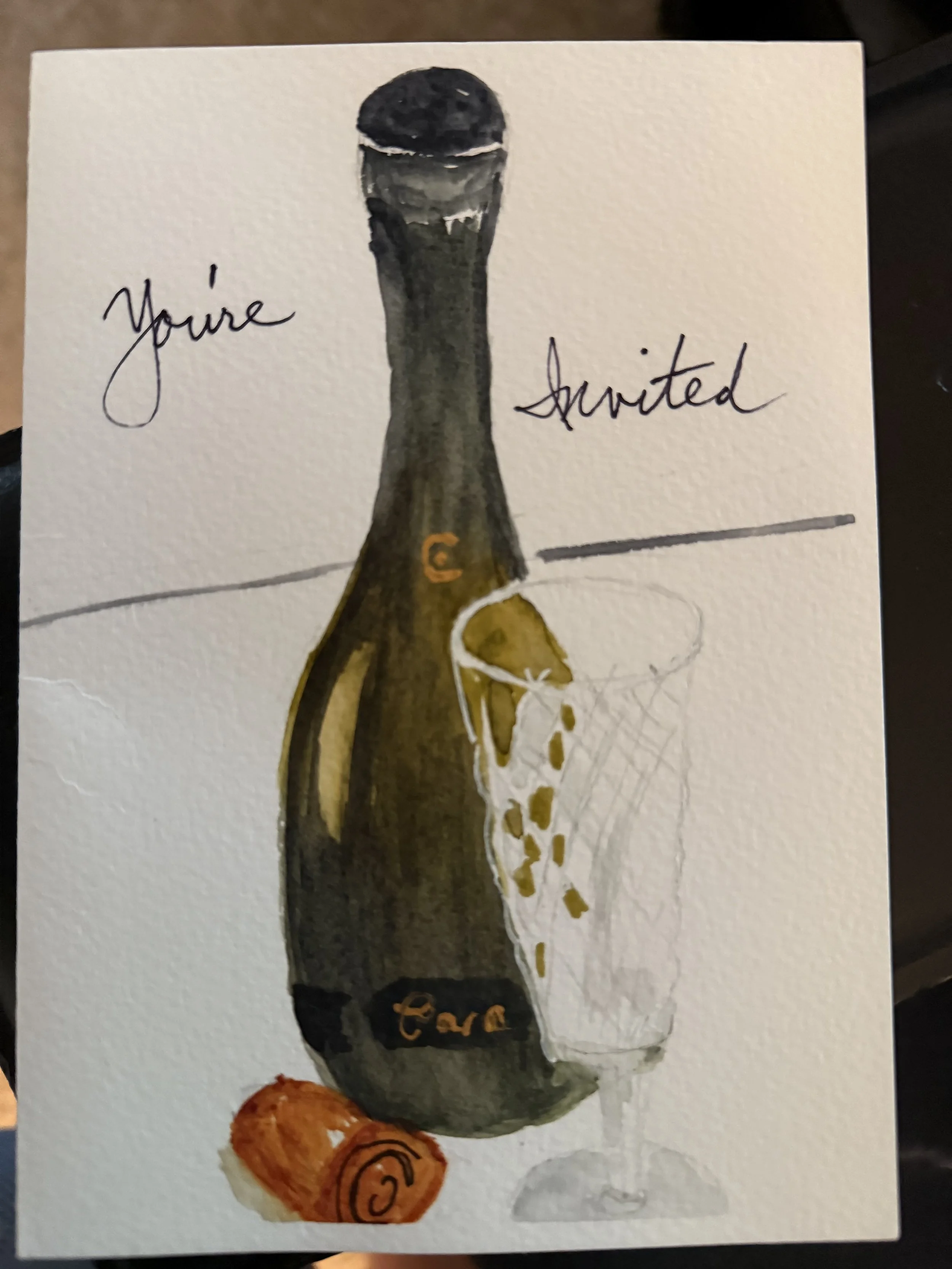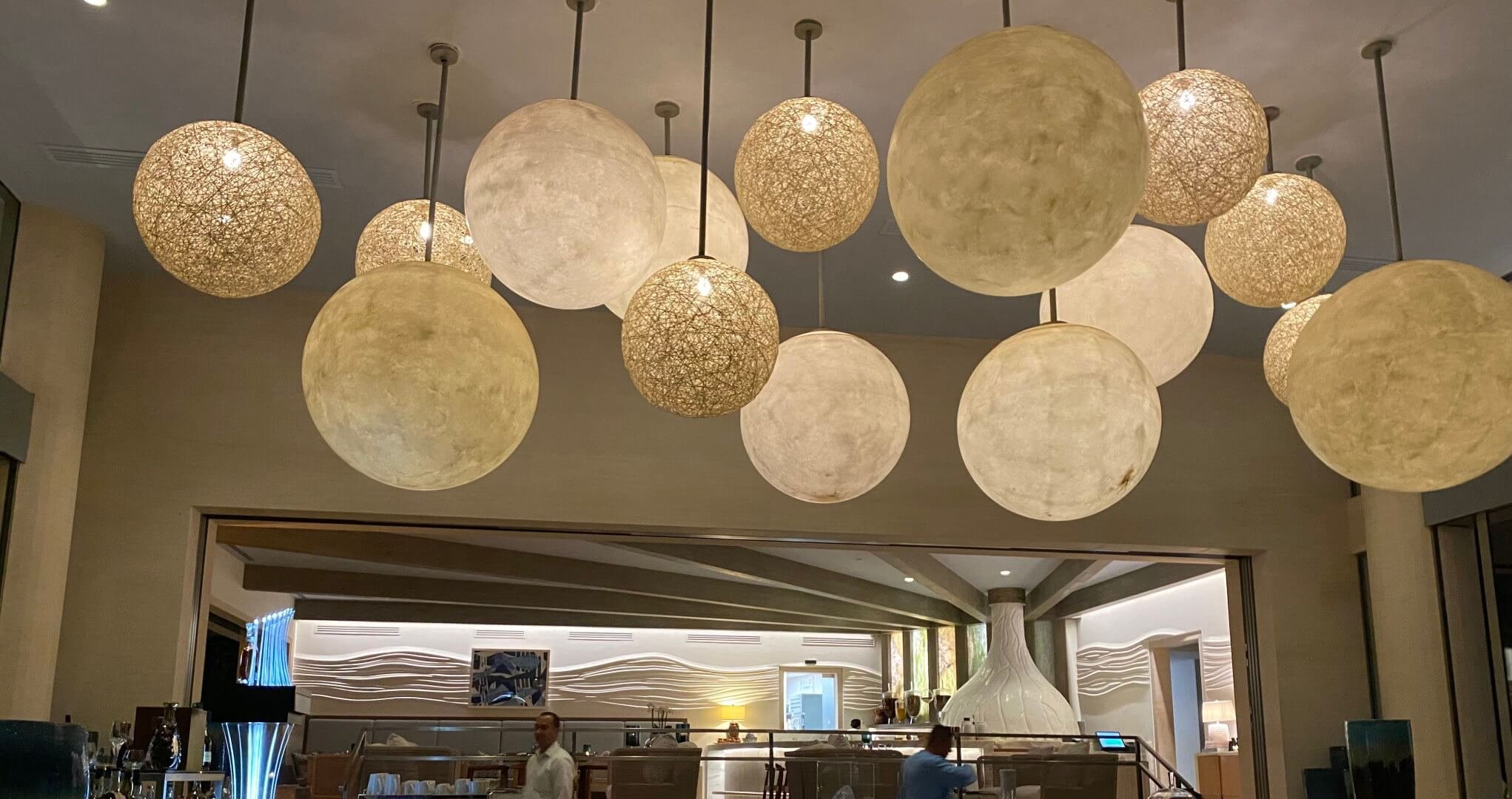When we are interested in slam in a suit contract but have a void in one of the side suits, it adds some complexity to our slam bidding. We may be able to make a slam missing two Aces (or a grand slam missing an Ace), if partner does not have the Ace opposite our void. When exploring slam, we want to know if partner has that Ace or has the “good Aces”, the ones opposite our losers. One way that we find out about the location of partner’s Aces is by using control showing bids. This is especially effective if we use them to show first round control (if we play that our control showing bids could be 1st or 2nd round, then we know less about which Aces partner hold). There is a gadget that we can use in some auctions that allows us to try to solve this problem. This convention, called Exclusion Keycard, asks partner for their number of Keycards (or Aces if we play Blackwood), excluding one particular Ace – the place where we are void. This Exclusion allows us to find out if partner has enough of the “right Aces” for us to make slam.
(583) Problems with Kickback Keycard
Kickback is a convention that can make slam bidding easier, in that it gives us more space to ask partner for the Queen of trump, but it can also cause problems for us in the bidding. Any time we make a game contract (like 4♥ or 4♠) a conventional bid, there is danger that we have an expensive mixup with partner. Here we look at some classic danger auctions that may come up if we choose to play Kickback and then discuss some of the common partnership agreements or philosophies for how to handle these dangerous auctions.
(582) Kickback Keycard Ask
One of our most commonly used tools for determining if we should bid slam or not is Keycard Blackwood. The most popular version of this is 1430 Keycard. This tool allows us to exchange a lot of useful information with partner. We attempt to determine how many of the 5 Keycards we have, plus we also hope to be able to determine if we have the Queen of the trump suit. When ♠ is the trump suit, then we have plenty of bidding space to communicate, but when lower-ranking suits are the trump suit, using 4NT to ask for Keycards leaves us little room to exchange information without getting the auction too high. To fix this problem, some partnerships use Minorwood for their minor suit Keycard auctions, but this does not solve our problem in the ♥ suit. There is another approach, called Kickback, that tries to solve this problem. Let’s see how this works.
(581) More Specific Kings
In an Ace-asking auction, when we make the follow-up bid to ask partner about their Kings, we usually do so to investigate a grand slam (though some partnerships do this in order to determine if 6NT is good contract). Most partnerships start with the agreement that they answer this question by showing their number of Kings. But sometimes, a Grand Slam is not about partner having 2 or 3 Kings, but about them having the right single King. This “right King” is often the one opposite our long suit – allowing us to produce a large number of tricks. To get this information, many partnerships evolved their King-showing methods from “number of Kings” to “Specific Kings.” Here we look at how we can use Specific Kings in a variety of our Ace-asking auctions.
(580) More Queen Asks
When we move from playing Blackwood to Keycard Blackwood, we improve our slam bidding by including a discussion of the trump King and Queen. Playing Keycards (let’s say 1430), then partner’s answer to our 4NT ask sometimes tells us if they hold the trump Queen and other times does not. In the latter case we need to be able to ask partner if they hold the trump Queen, as we do not want to bid a slam missing a Keycard and the trump Queen. Let’s look at how we ask partner about the trump Queen in a variety of different auctions.








